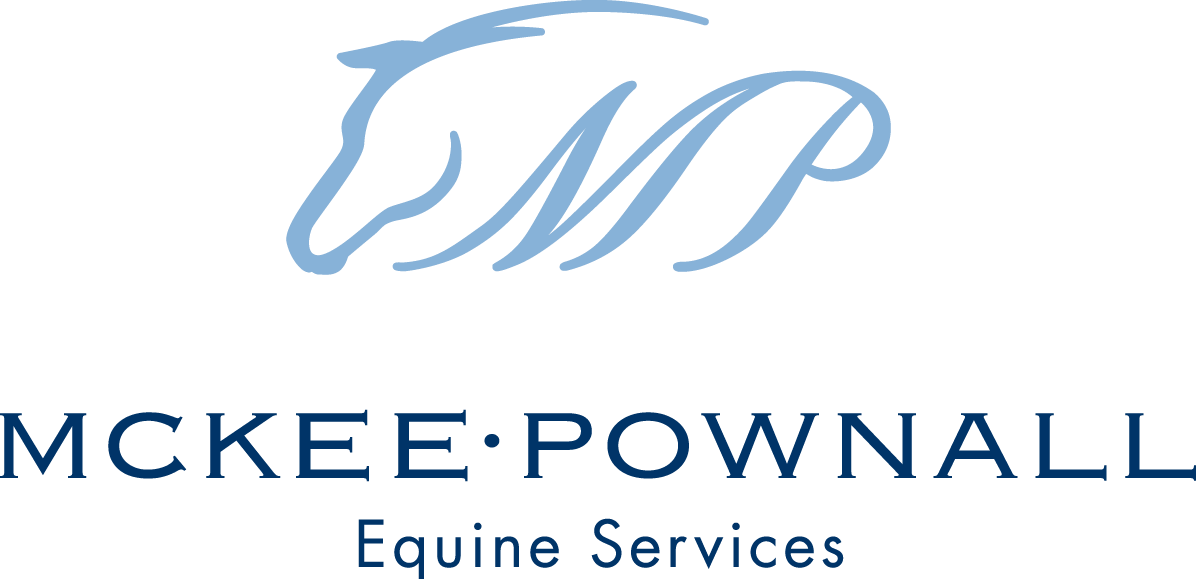What guidelines can you offer for feeding my geriatric horse?
Feeding the Geriatric Horse
Older horses often have difficulty in maintaining an optimal body weight and suffer from a gradual loss of body condition as they age. This can be due to many factors including:
Severe weather conditions (extreme cold, poor grass)
Social factors (bottom rank, not allowed near feeder)
Chronic pain (arthritis, laminitis, abdominal pain)
Intestinal parasite damage
Decline in organ function (pituitary, liver, kidney)
Abnormal dental conditions (loose/infected teeth, smooth teeth, inadequate dentistry)
Cancer
Inadequate diet and feed schedule
If an older horse is suffering from loss of condition, these factors should be investigated.
Treating Feeding Problems
Dental Exam
A thorough dental examination and correction of abnormalities is paramount, since no diet will help if the horse is unable to eat it.
Deworming
The deworming program should be reviewed.
Internal Factors
Musculoskeletal Pain: Should be addressed with anti-inflammatories and joint health supplements
Chronic Abdominal Pain: Should be investigated by checking for stomach ulcers and internal tumors
Cushing’s disease and Metabolic Syndrome: Usually characterized by obesity and excessive haircoat but can also affect very thin animals
Blood testing can be used to diagnose these conditions, as well as liver and kidney failure, and low thyroid function.
External Factors
External factors can also play a major role and are often easily addressed. Such factors include:
Extreme weather
Management
Inadequate shelter
Competition from pasture-mates
Feeding Options
High-Energy Feeds
Many high-end feed companies make excellent senior diets that are palatable and calorie-rich, in both concentrate and "complete" (no hay required) forms.
Individuals with no functional teeth can be maintained on a complete diet that is well-soaked into a gruel format. These feeds are typically 12-15% protein, less than 1% calcium and .45-.6% phosphorus. They are often pre-cooked or extruded to increase digestibility.
Additional calories can be provided via corn oil, introduced gradually up to 2 cups/day, rice bran products, and beet pulp. High-quality hay can be provided in the form of cubes for those who are unable to chew long-stem forages, as they are prone to choke and poor digestibility.
Horses with Disease
Horses with Cushing’s or metabolic syndrome should not be given feeds which use molasses as an appetizer (such as sweet feed) since the sugars will exacerbate insulin resistance.
Feeds high in calcium, especially alfalfa hay and beet pulp, should be avoided in horses with kidney problems, and high carbohydrate/low-fat rations are appropriate if liver disease is present. Live bacterial/yeast supplements (plain yogurt, commercial products) can increase palatability and enhance digestion.
Supplementation
Older horses have reduced immune function and may benefit from additional vitamin C (10 gm twice a day), B (4 gm brewer’s yeast twice a day) and E (40 000 IU daily) supplementation. Check the label of your senior feed carefully since these are often added.
Don't forget to add lots of carrots, apples, and TLC to keep up their appetites!
